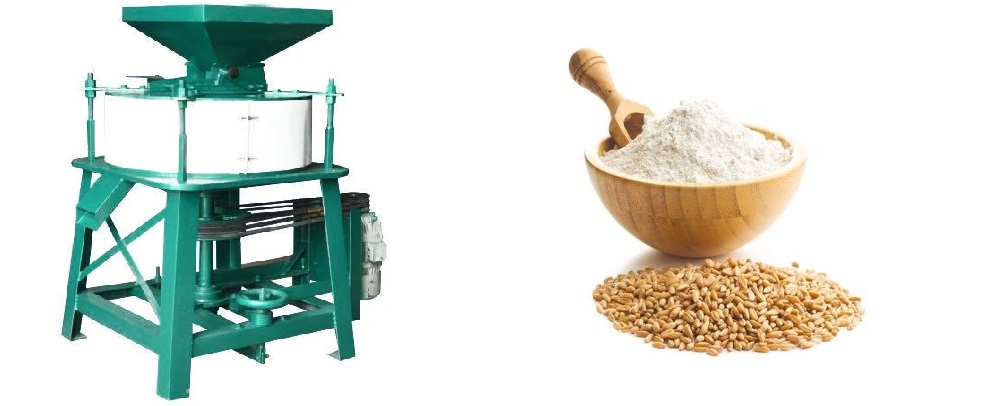
Nowadays, people buy atta from the market, which simply requires kneading to turn it into food. Multiple types of Attas are available in the market and they differ both in quality and taste.
As atta is one of the most important foundations of diet, you should choose an atta that matches your dietary needs to perfection.
which atta is best for health? This blog will take you through some of the best healthy atta varieties that leave you completely delighted.
The quality of atta you choose to make roti with can either enhance or break the bread's aroma, texture, and overall excellence. There are several types of flours available in the market , making it difficult to select the best one.
Choosing the most suitable grain for your flour in India, on the other hand, can ensure that you receive delicious and nutritious rotis.
Here we will discuss 7 different types of Atta varieties you can commonly find :
Whole Wheat Atta
Moreover, it avoids bloating, joint pain, and headaches since it is high in vitamins, fibers, magnesium, iron, manganese, zinc, and proteins.
The presence of vitamins B and E in whole wheat aids in energy generation and the maintenance of healthy DNA in the body.
The presence of vitamins B and E in whole wheat aids in energy generation and the maintenance of healthy DNA in the body.
Multigrain Atta.
Multigrain Atta is merely atta flour produced from more than one type of grain. This could be a combination of grains such as wheat, soya, channa, and so on. Foods containing many grains can never hurt your health unless you are allergic to a certain grain.
Multigrains are a wonderful source of dietary fiber as well as various other nutrients, vitamins, and minerals, and they provide numerous health benefits such as preserving the heart, forming stronger bones, increasing metabolism, and enhancing blood circulation.
Ragi (Finger Millet)
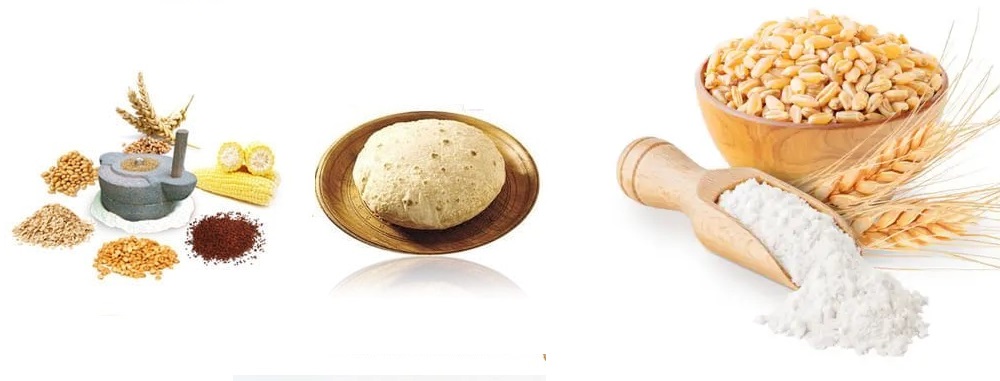
Ragi is gluten-free and is commonly used in bread to minimize gluten content or to create lower carbohydrate bread.
Rajmarg Chakki Fresh Atta Process,
Because of its methionine level, which accounts for roughly 5% of the protein, the cereal can be an exceptionally good source of protein for vegetarians.
Chakki Fresh Atta
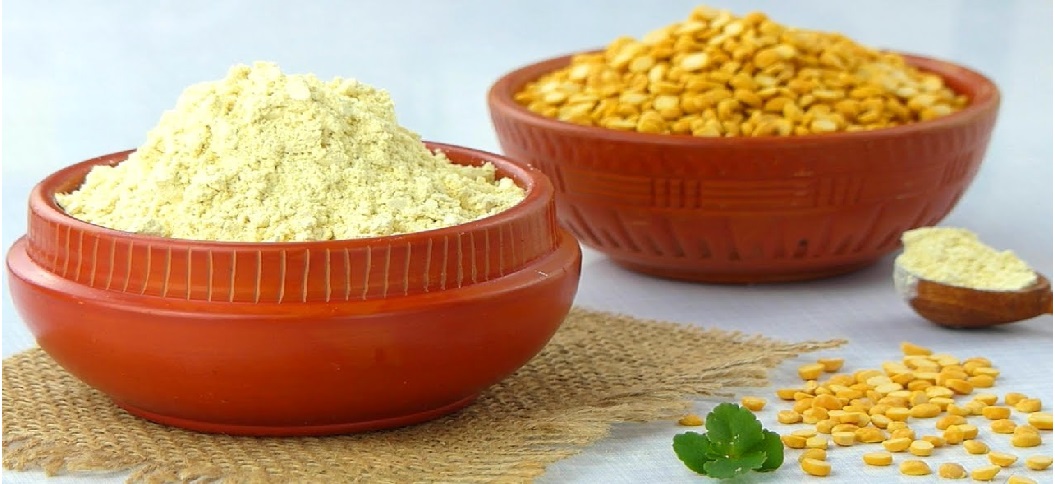
The qualities of Besan make it a healthy and tasty addition to your diet. It is high in fiber and protein and helps with digestive issues. It also helps to stabilize your blood sugar levels, which aids in the management of diabetes.
The flour is also beneficial to weight loss and cardiovascular health. Antioxidants are substances that fight free radicals.
Which are unstable molecules in your body that are thought to contribute to the development of numerous diseases.
Bajra (Pearl Millet)
Bajra is high in nutrition and easily digestible cereal grain. It is a great choice for gluten-allergic or celiac patients because it is non-glutinous.
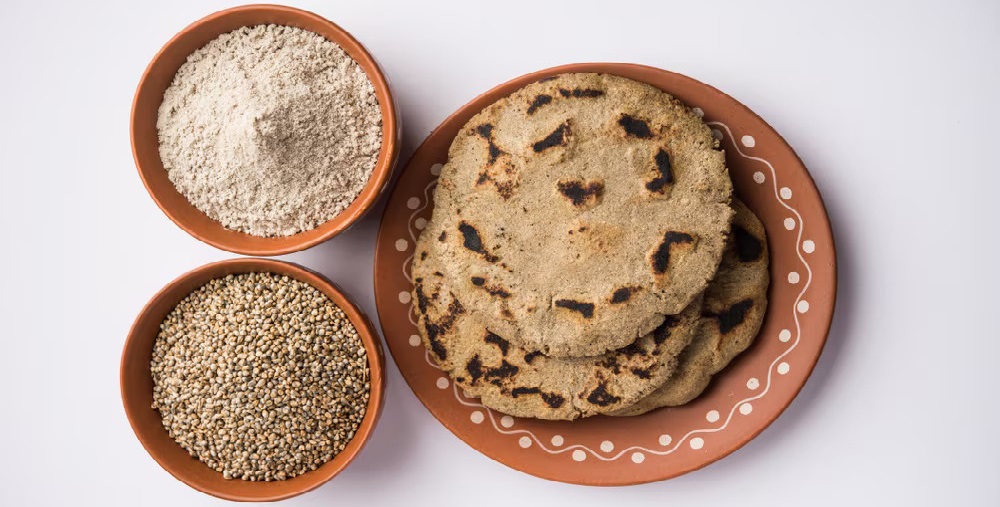
These grains are helpful for heart patients since they are high in dietary fibers and have cholesterol-lowering qualities.
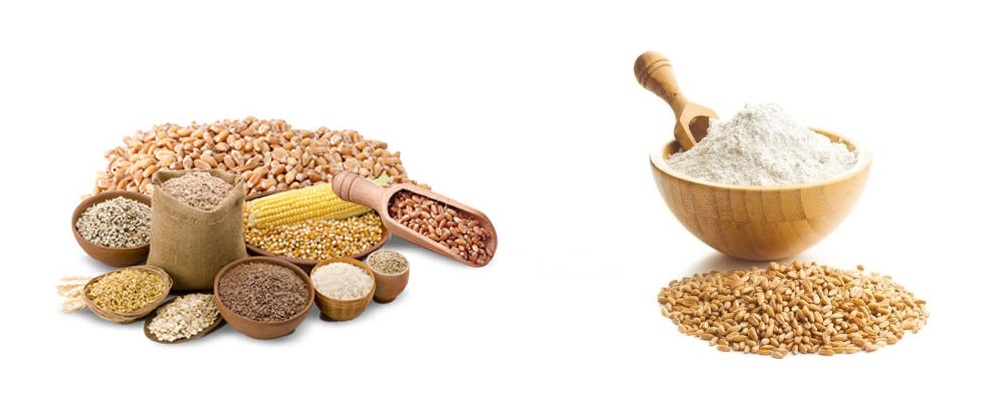
A healthier alternative to refined wheat or all-purpose flour is Jowar, also known as sorghum. India is a major producer of this fiber-rich millet. Regular eating of sorghum grains supports several health benefits.
© Copyright 2022 Developed By Website Builder & Hosting Free